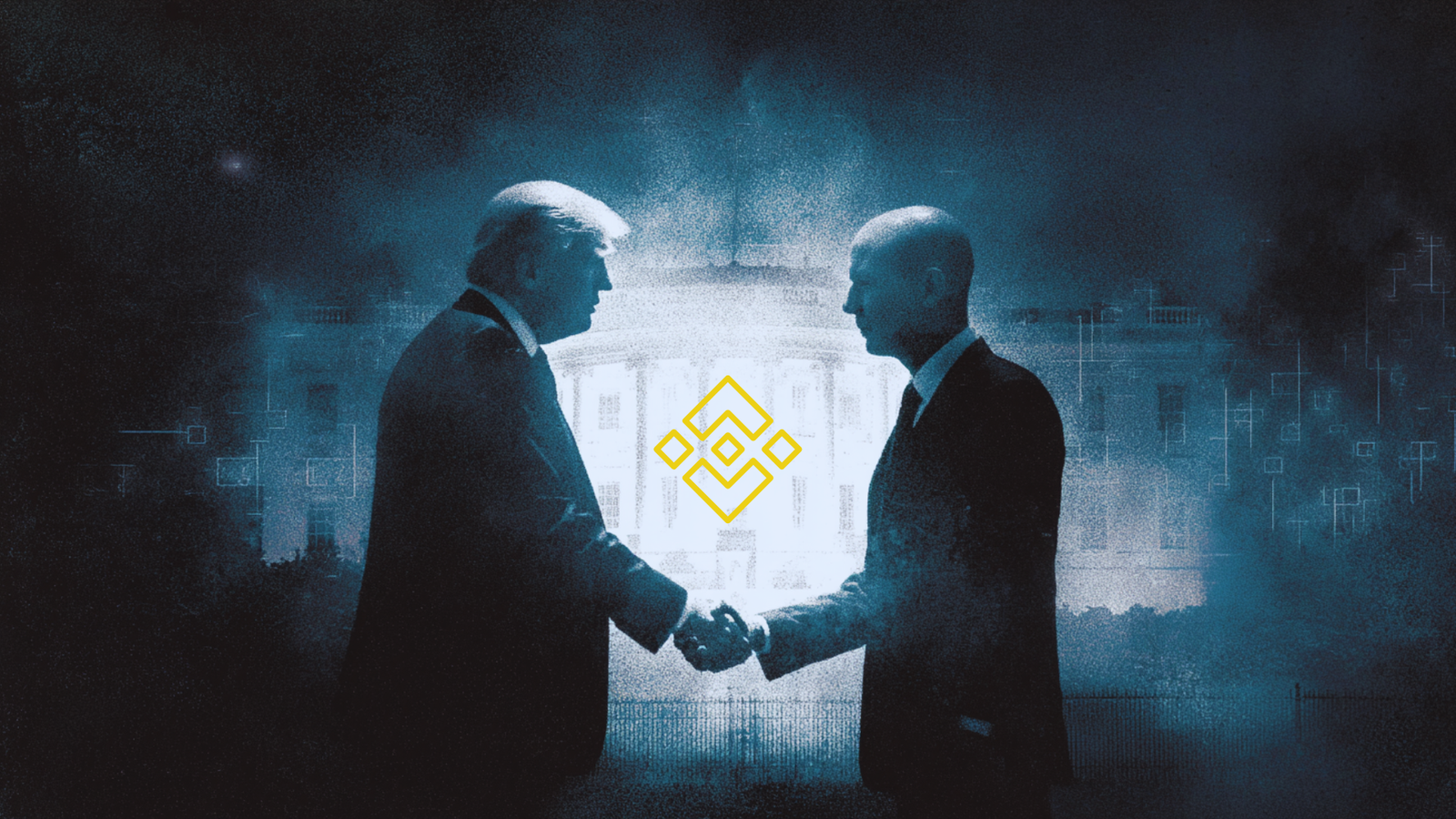Just days after a Fox reporter leaked the news, Binance co-founder Changpeng Zhao, better known as CZ, has been officially pardoned by U.S. President Donald Trump.
In Brief
- Trump pardons CZ: The pardon was confirmed Thursday by the White House, days after the leak first surfaced online.
- CZ served four months: Zhao had pleaded guilty in 2023 to violating U.S. anti-money-laundering laws and served four months in federal prison.
- Backlash from Critics: Critics, including Sen. Elizabeth Warren, called the move political and alleged financial ties between Trump’s crypto ventures and Binance.
On Thursday, the White House confirmed the pardon in a statement from Press Secretary Karoline Leavitt, marking the official end of one of the crypto industry’s most high-profile prosecutions.
Asked about the decision, Trump told reporters: “I don’t know him, I don’t believe I’ve ever met him, but I’ve been told by a lot of support. He had a lot of support. And they said that what he did is not even a crime. It wasn’t a crime that he was persecuted by the Biden administration. And so I gave him a pardon at the request of a lot of very good people.”
Zhao, who pleaded guilty in 2023 to failing to maintain an effective anti–money-laundering program, was sentenced in April 2024 to four months in prison and a personal fine. Binance paid $4.3 billion in penalties under the same settlement.
Zhao Responds: ‘Deeply Grateful’
Following the announcement, Zhao wrote on X, “Deeply grateful for today’s pardon and to President Trump for upholding America’s commitment to fairness, innovation, and justice.” He added that he plans to help make the U.S. “the capital of crypto” and advance Web3 adoption worldwide.
The pardon effectively erases Zhao’s federal conviction, restoring his ability to travel and conduct business in the U.S., a significant development for both Binance and the broader crypto market.
Critics Cry Foul Now Over Political Favoritism
While many in the crypto world celebrated the pardon, critics quickly accused Trump of political favoritism.
Sen. Elizabeth Warren commented, “CZ pleaded guilty to a criminal money laundering charge and was sentenced to prison. But then he financed President Trump’s stablecoin and lobbied for a pardon.Today, he got it. If Congress does not stop this kind of corruption, it owns it.”
For accuracy, Zhao pleaded guilty to failing to maintain an effective AML program, not money laundering itself.
Still, the pardon has reignited debate over Trump’s WLFI stablecoin project, launched in March 2025, and its financial links to Binance. Adam Cochran, a longtime Trump critic, called the move “disgusting,” saying, “CZ admitted to sanctions violations. He allowed groups like Hamas and Wagner to use Binance. This is the clearest case yet of ‘pay-for-pardon.’ Trump has made clear — crime is legal in America as long as you can pay him enough.”
YouTuber Coffeezilla went further, laying out what he described as a timeline of quid pro quo, “Nov 2023: CZ pleads guilty, $4B fine. Mar 2025: Trump’s WLFI launches USD1. $2B Binance investment follows. Oct 2025: CZ gets a pardon. WLFI earns $60–80M yearly as long as Binance holds $2B in USD1.”
Chain Street’s Take
The Trump CZ pardon isn’t just a story about clemency. It’s a signal of how deep crypto’s roots now run in American politics. For Trump, it’s a gesture that cements his alliance with the digital asset industry, a voter base and funding source he’s openly courted since his WLFI stablecoin debut.
For critics, it’s a red flag: a symbol of how the lines between policy and profit are blurring in Washington. As 2025 draws to a close, one truth stands out, crypto isn’t just influencing markets anymore. It’s reshaping the corridors of power.



